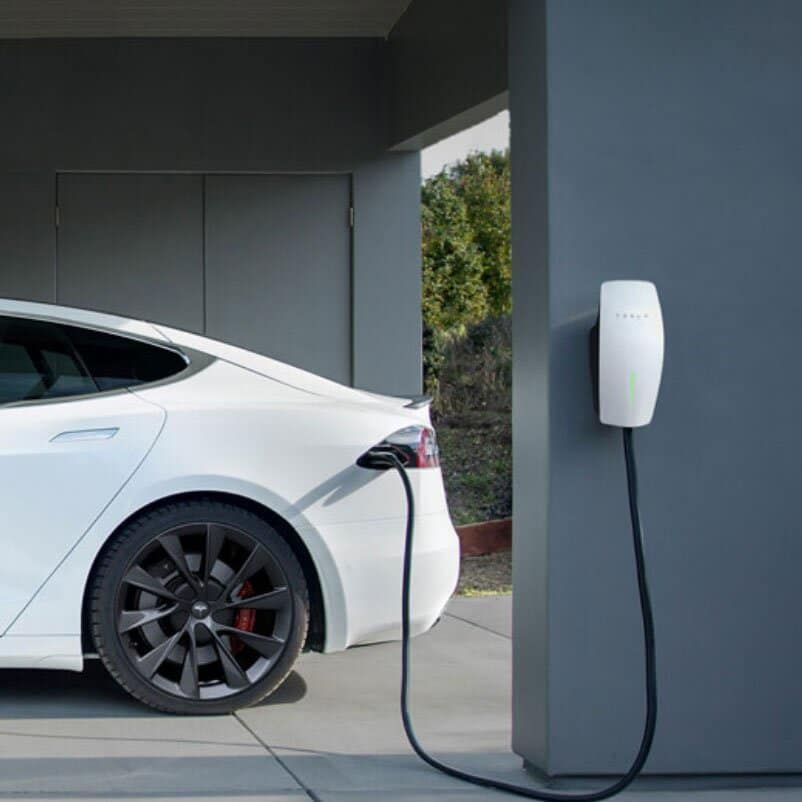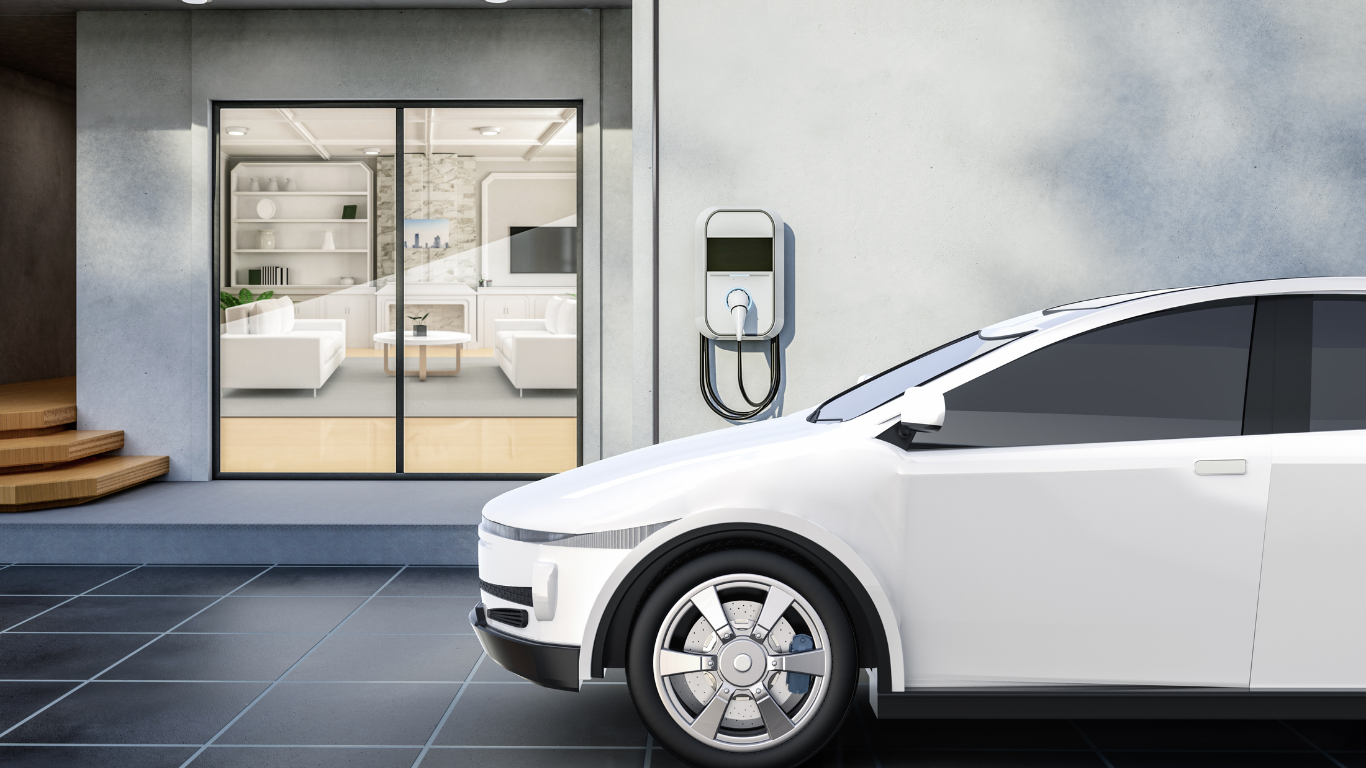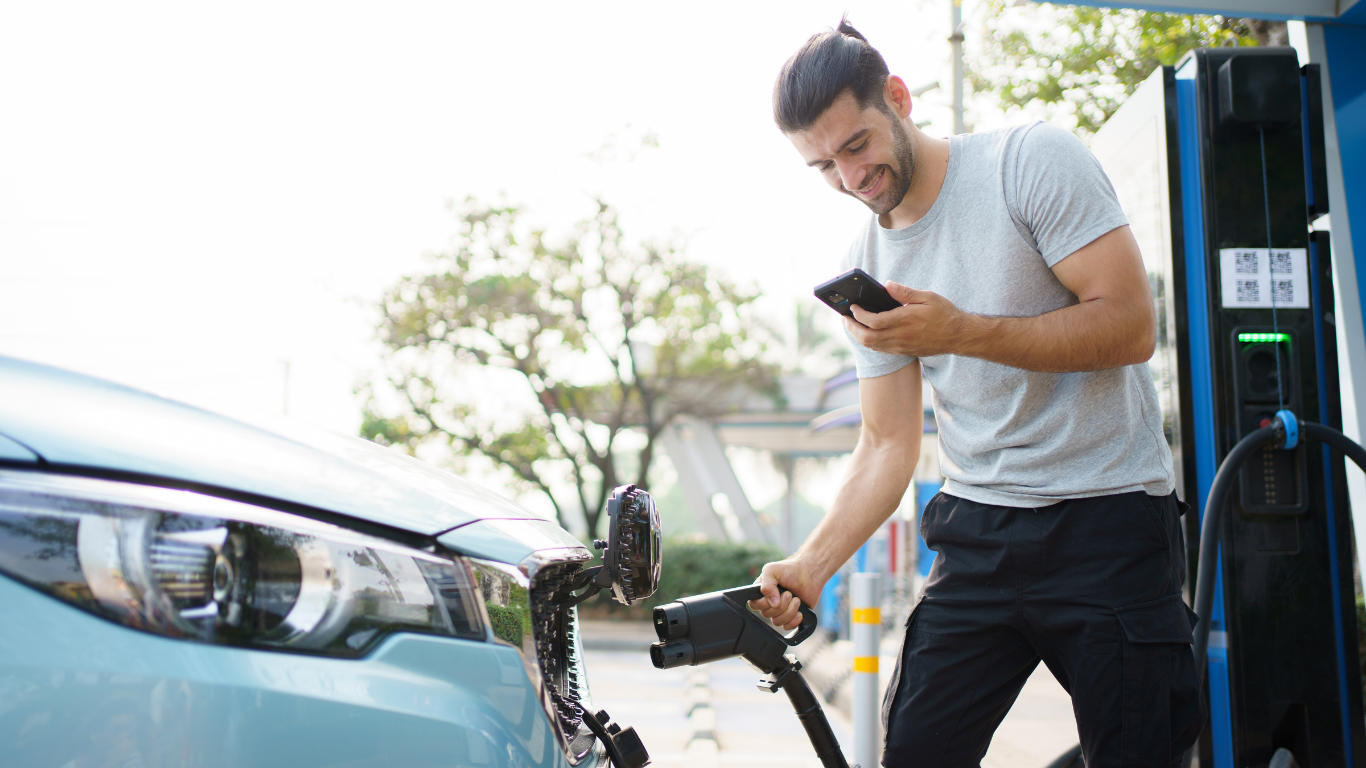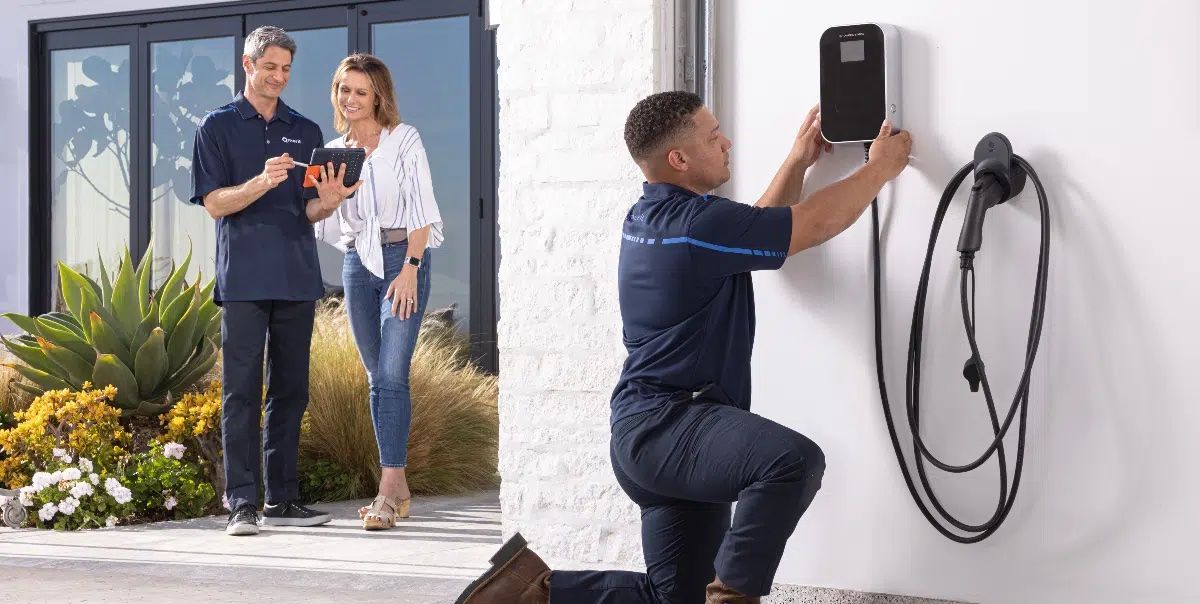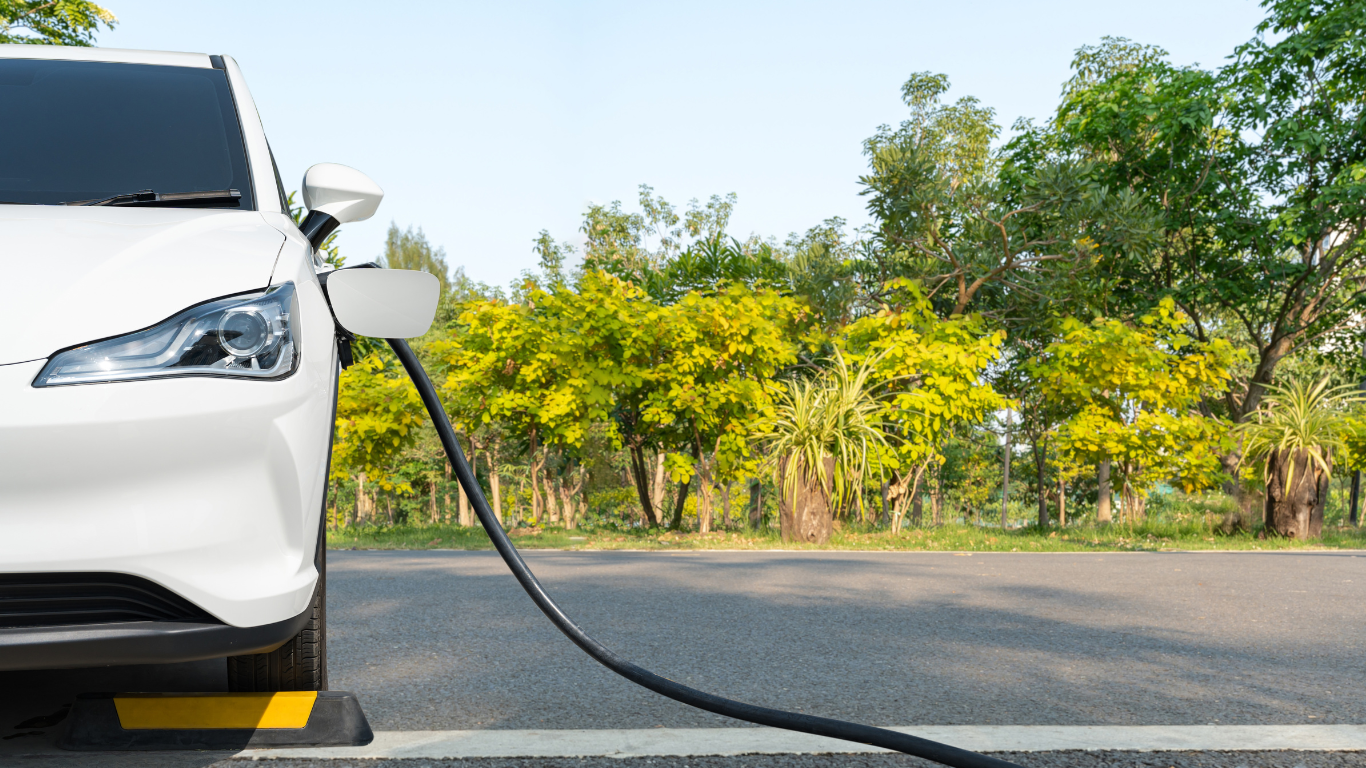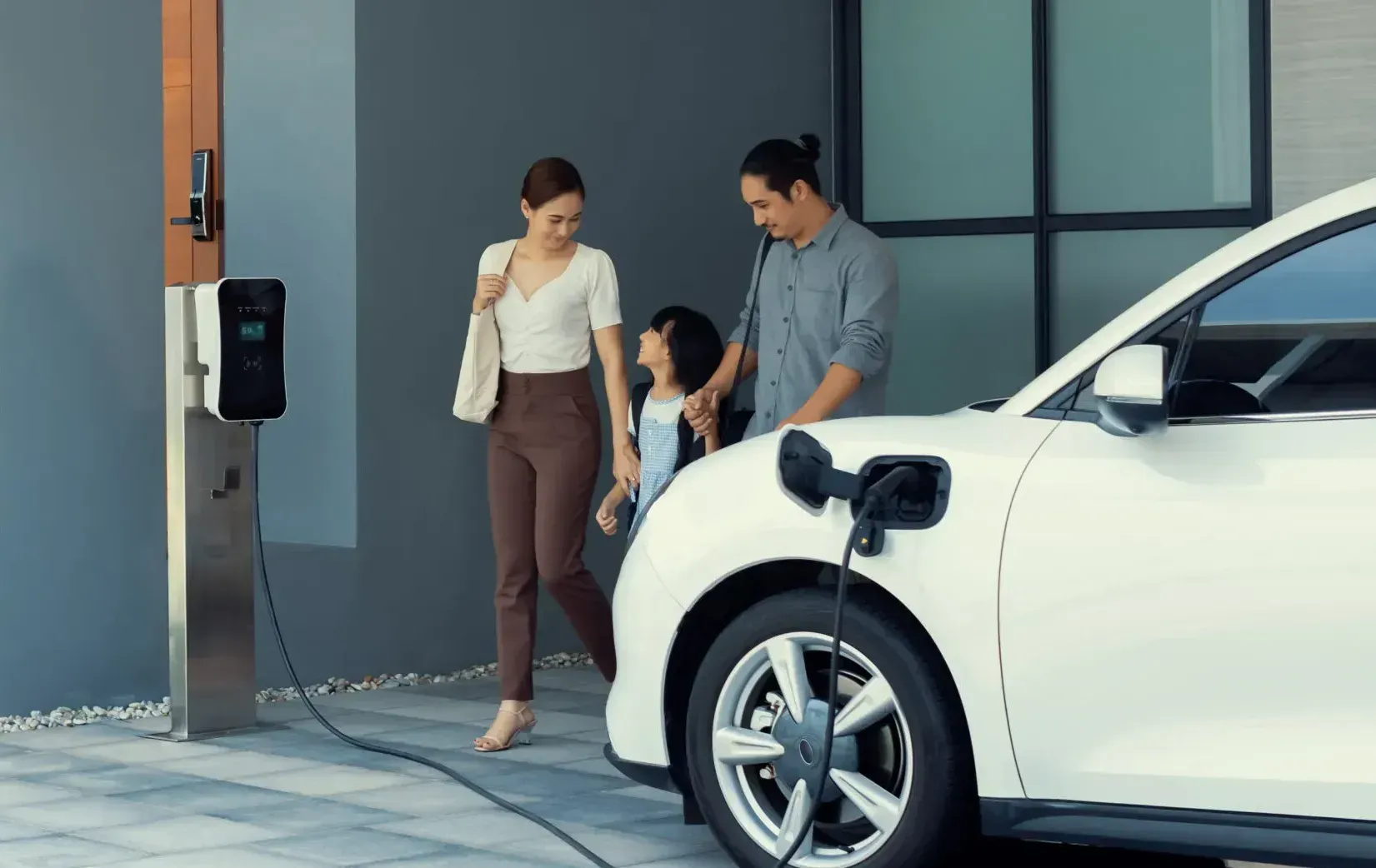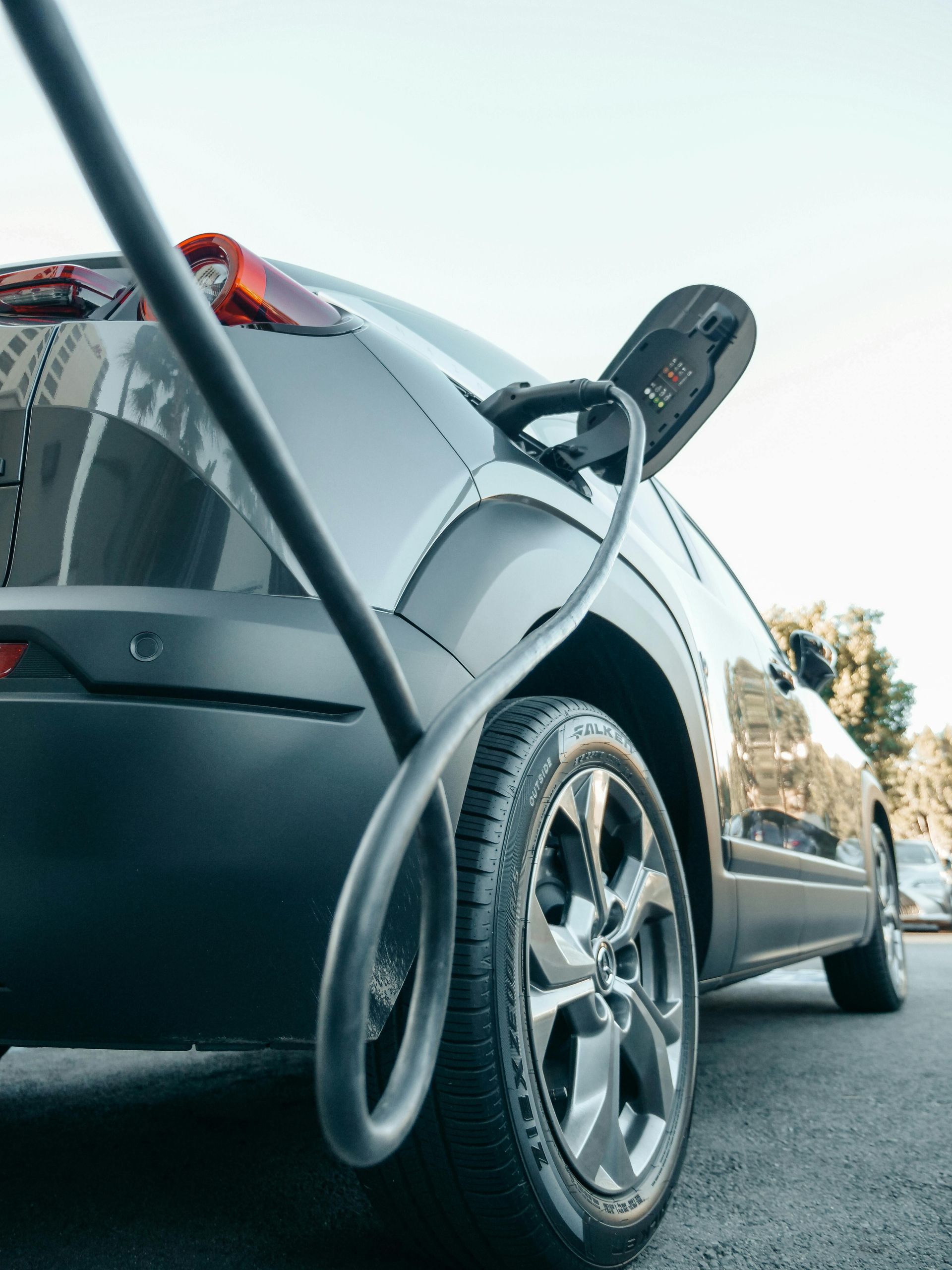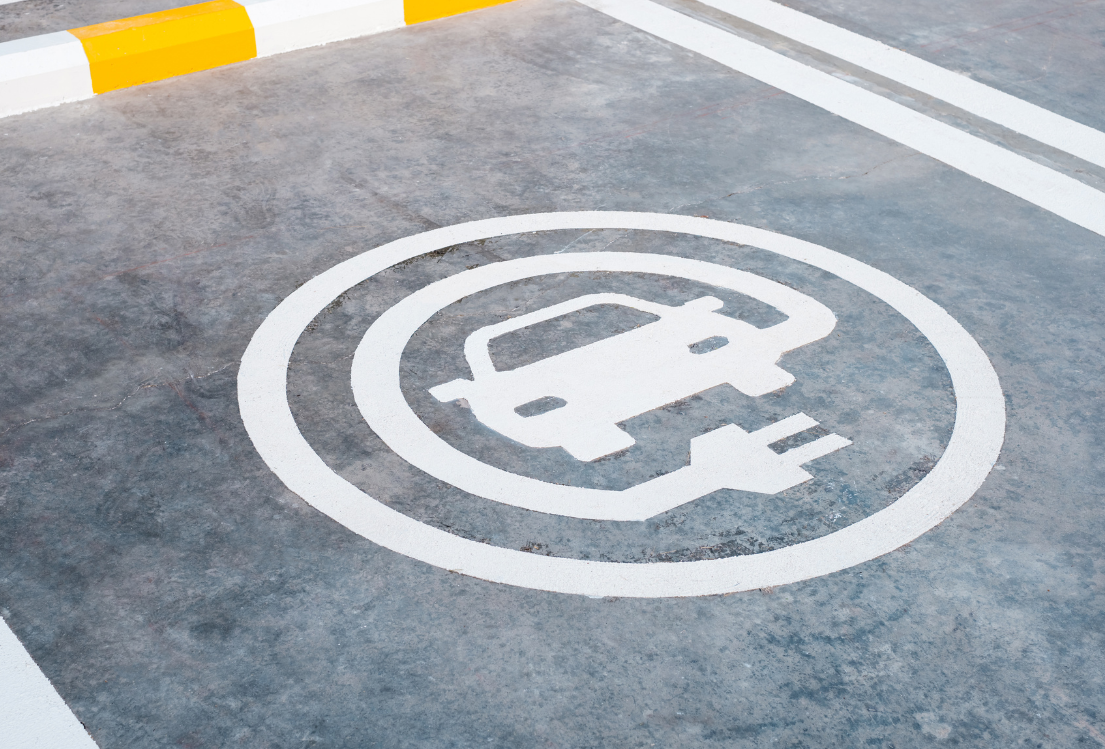Choosing the Right Charger: Does It Matter Which EV Charger You Use for Your Vehicle?
Choose the Right EV Charger: Compatibility, Efficiency, Installation, and Battery Life Essentials.
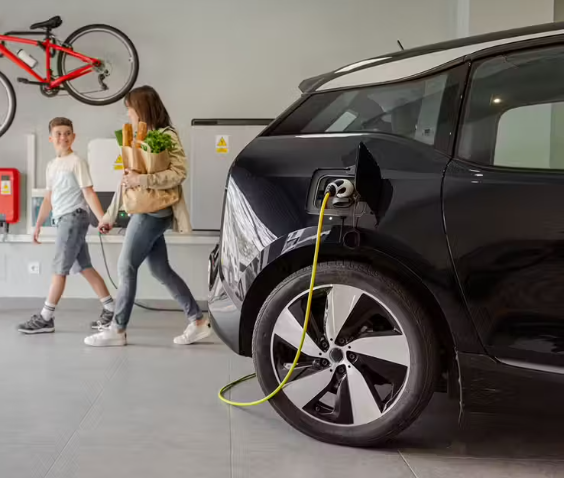
Introduction
Electric vehicles (EVs) are more than just a transportation trend – they’re the future. As the number of EVs on the road continues to rise, the importance of having the right charging solution becomes even more crucial. Whether you’re charging your vehicle at home, at work, or in public, selecting the appropriate charger can impact your vehicle's efficiency, the longevity of your battery, and even your day-to-day convenience.
In this blog, we’ll explore the different types of EV chargers available, discuss the critical factors that influence which charger is best for your specific vehicle, and examine the importance of professional installation and manufacturer guidelines. If you're wondering if it matters which EV charger you use, the answer is: absolutely. Let’s dive into why.
Considerations for Charger Selection
Vehicle Compatibility: Make and Model Considerations
Not all EVs are the same, and this is particularly true when it comes to charging. Your vehicle's make and model directly affect which type of charger you should use. Some vehicles, such as Teslas, have specific charging requirements and connector types, while other EVs might work with a broader range of chargers.
For instance, many non-Tesla vehicles use standard connectors like the J1772 for Level 1 and Level 2 charging, but for Level 3 charging, you might encounter CHAdeMO or CCS connectors, depending on your vehicle. Ensuring that your chosen charger is compatible with your vehicle’s specifications will ensure smooth charging sessions and prevent potential damage.
Additionally, different EVs have varying maximum charging capacities. Some vehicles are optimized for fast charging, while others may not support the highest charging speeds. Knowing your EV's charging limits helps you choose a charger that won’t overtax your vehicle’s battery or underperform when you're in a hurry.
Charging Speed Needs: Daily Commutes vs. Long Trips
When selecting an EV charger, it's essential to consider your typical driving habits and how quickly you need your vehicle to charge. If your EV is primarily used for short commutes, such as 30 to 50 kilometres a day, a Level 1 charger that adds 6 to 13 kilometres of range per hour may suffice for overnight charging.
On the other hand, if you regularly drive longer distances or don’t have long windows of time to charge your vehicle, you may need a faster solution. Level 2 chargers can add up to 40-48 kilometres of range per hour, making them ideal for more intensive daily use. This allows most EVs to be fully charged within a few hours, depending on the battery size.
For those who take frequent long trips or rely on their EV for extended periods of travel, Level 3 chargers (also known as DC fast chargers) may be the best option. These chargers can provide an 80% charge in as little as 30 minutes. However, these are generally more suitable for public charging stations or commercial use, as the cost and electrical demands of Level 3 chargers are typically too high for residential setups.
Power Supply and Installation
Importance of Professional Installation
While it may be tempting to install an EV charger yourself, hiring a professional is essential. Installing a Level 2 or Level 3 charger requires dealing with higher voltage circuits, and the complexities of the setup can lead to safety risks if not done correctly. A certified electrician will ensure that your installation is not only safe but also adheres to local electrical codes and regulations.
In addition, having a professional install your charger can prevent costly mistakes that could lead to power outages, damage to your home’s electrical system, or even voiding your EV’s warranty. Professionals can also assess your current electrical system and determine if any upgrades are necessary to support the higher power demands of an EV charger.
Electrical Capacity of Your Home and Potential Upgrades
Before installing an EV charger, it's crucial to assess whether your home's electrical system can handle the additional load. Level 1 chargers use standard 120-volt outlets, but if you’re opting for a Level 2 charger, you'll need a dedicated 240-volt circuit, similar to the one used for large appliances like ovens or clothes dryers.
In many cases, older homes may not have the electrical capacity to support a high-powered EV charger without some upgrades. This could involve adding new circuits, upgrading the electrical panel, or even installing a new service line from the utility provider. While these upgrades may come with an upfront cost, they ensure that your EV charger operates safely and efficiently.
Understanding Manufacturer Recommendations
The Importance of Following Manufacturer Guidelines
Every EV manufacturer provides specific guidelines regarding the type of charger that is most suitable for their vehicles. Adhering to these guidelines is essential for several reasons. First, it ensures that you’re using a charger that matches the electrical and performance capabilities of your vehicle. Second, it helps protect your vehicle’s warranty – using an incompatible charger could void certain aspects of your warranty, especially when it comes to the battery.
In most cases, manufacturers will recommend either a Level 1 or Level 2 charger for residential use, but you may also find specifications about charging speeds, connector types, and safety requirements that should be adhered to.
How Using the Right Charger Can Prolong Battery Life
One of the biggest concerns for EV owners is the longevity of their vehicle’s battery. Batteries degrade over time, but using the correct charger can help slow that process and prolong the battery's lifespan. Fast charging (Level 3) can generate more heat and stress on the battery compared to slower charging (Level 1 or 2), which is why it’s often recommended to use Level 2 chargers for regular use and reserve fast charging for emergencies or long trips.
Following manufacturer recommendations and charging your vehicle at the appropriate speed helps minimize wear on your EV’s battery, ensuring that it lasts as long as possible. Overcharging or charging at speeds higher than recommended can lead to battery degradation, reducing the overall range and efficiency of your vehicle.
Conclusion
Choosing the right EV charger for your home or business is more than just a matter of convenience – it’s a critical decision that affects your vehicle’s performance, your safety, and your overall driving experience. By considering your vehicle’s compatibility, your daily driving needs, and the electrical capacity of your home, you can make an informed decision that will keep your EV running efficiently.
At My EV Experts, we are here to help guide you through the selection and installation process. Whether you need a Level 1, Level 2, or even a commercial-grade Level 3 charger, our team of certified professionals will ensure that you have the right setup for your needs. Contact us today for personalized advice and expert installation!

